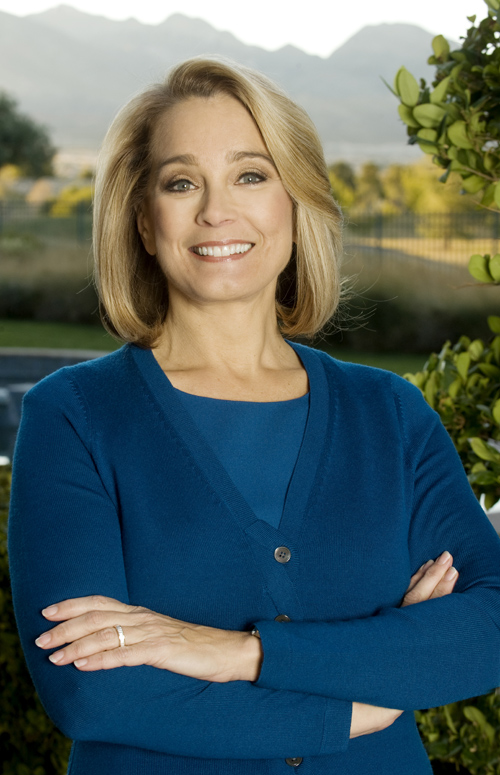Sue Lowden, a former Nevada GOP chair currently seeking the Republican nomination in the June 8 primary to run against Democratic Senate Majority leader Harry Reid, has detailed some of her alternative recommendations for health care policy: Encourage people to save as much money as they can in tax-free health savings accounts — the number she mentioned was $20,000 — and to barter with their doctors.
At a candidate forum this past Tuesday in Mesquite, Nevada, Lowden was asked what she would have done instead of the Democrats’ health care bill. Lowden’s message was generally deregulatory in nature, pointing to the ideas of interstate insurance policies and the legalization of stripped-down “mandate-free” policies. “I would have also allowed for us to have savings plans increase instead of being decreased like in this bill,” said Lowden. “I would have said to all of you, if you have a health savings account, I don’t really care how much you save, good for you. pre-tax, go ahead and save as much as you want. It’s your — it’s for your health. And if you want to save $20,000, good for you. Save it pre-tax.”
Lowden continued: “And I would have suggested, and I think that bartering is really good. Those doctors who you pay cash, you can barter, and that would get prices down in a hurry. And I would say go out, go ahead out and pay cash for whatever your medical needs are, and go ahead and barter with your doctor.”
Here is the video, from a Nevada Democratic Party tracker:
Late Update: The Lowden campaign sent us a comment statement from the candidate. From the look of her explanation, it appears that she may have confused her vocabulary, using the word “barter” when she should have said “haggle,” judging from her discussion here about doctors accepting a lower payment if offered in cash. Key quote:
“Currently, there are number of medical doctors in Nevada and across America who already accept cash, check and credit cards. Â This isn’t a plan, this is fact. Â Usually, doctors will offer a lower payment in an agreement with patients because it saves them the hassle of dealing with insurance companies and government-administered health care.
“This may come as a surprise for Harry Reid, but many doctors are also small business owners, and they have their own bills to pay.






